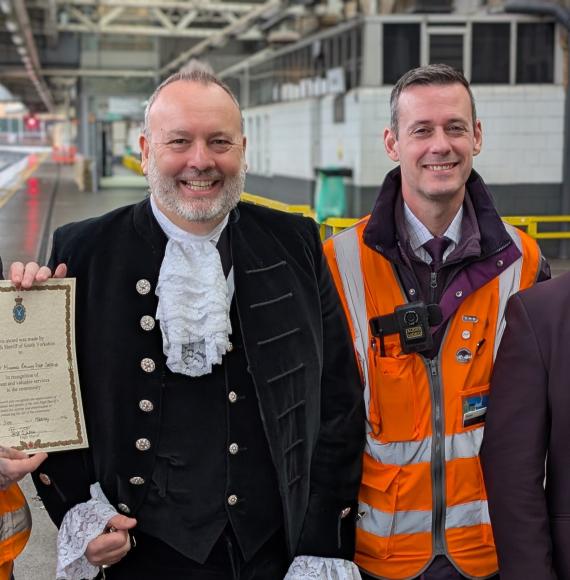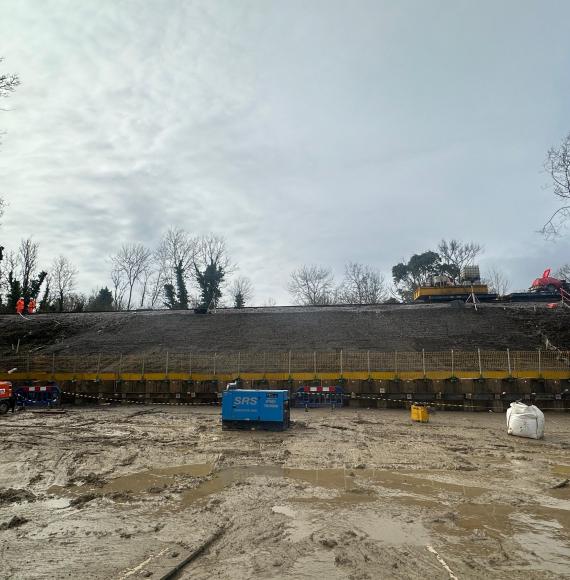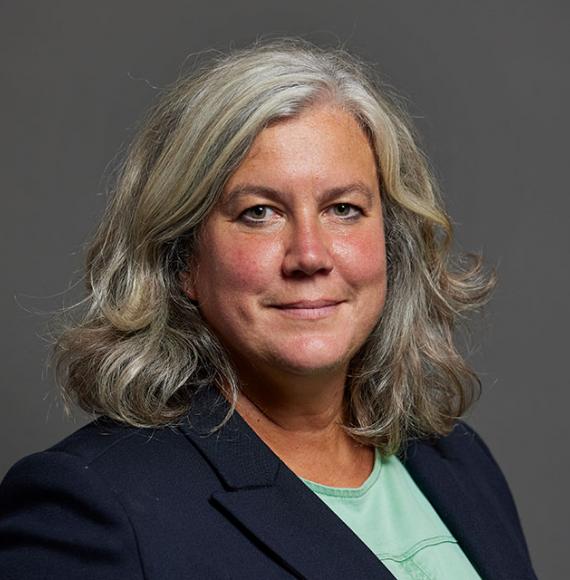Alstom has announced that it has partnered with AtkinsRéalis and Polytechnique Montréal to develop a programme of training that will drive improvements across sustainable rail mobility expertise.
This news comes as the rail industry across North America is set to significantly expand in the coming years, making access to new green mobility resources becoming critical.
As the partners bring their individual strengths and expertise together to explore how they can develop specialised training across railway and public transit engineering, with this addressing ongoing issues in both mobility and decarbonisation. This agreement will also support the hiring of interns and recent graduates from the Polytechnique Montréal, driving the sharing of key knowledge and direct support.

President of Alstom Americas, Michael Keroullé, said:
“Alstom is fortunate to employ more than 700 engineers in Canada, most of whom are based at our design, engineering, and innovation centre in St-Bruno-de-Montarville. As mass transit and passenger rail projects accelerate across North America, it’s important to ensure a succession ready to meet the complexities of a rapidly transforming market.”
As the rail industry expands, it is anticipated that 52,000 new engineering professionals will be needed by 2033. This figure would mean an increase of 40% over the course of the next decade, with the electrical engineering sector expected to suffer from a labour shortage thanks to acceleration of energy transitioning, specifically in the electrification of transport.
There is also expected to be a heightened need for chemical engineers thanks to the expansion of hydrogen, which is anther way the rail industry is driving decarbonisation.
Stéphanie Vaillancourt, AtkinsRéalis’ President for Canada, also commented:
“AtkinsRéalis is very proud to be part of this tripartite collaboration agreement. The training project will provide students with valuable hands-on-experience from railway sector experts and pave the way for a more qualified and skilled workforce in the transportation sector. This is even more critical given the challenges we face today. Multi-sectoral collaboration will be required to achieve our societal goals, and that includes industry involvement in shaping students.”
Image credit: iStock

















